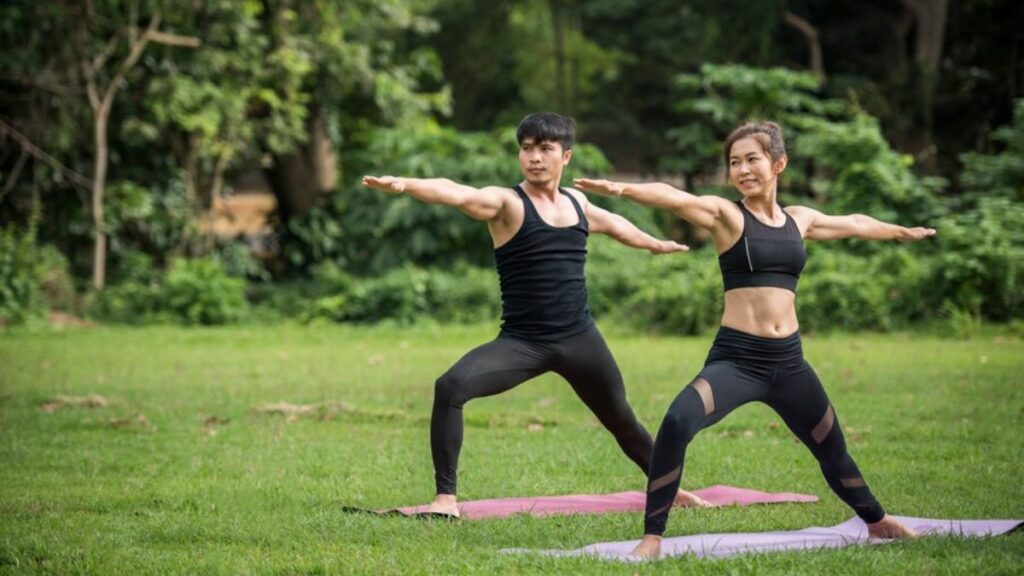7 Cultural Practices from Japan to Help You Stay Fit

7 Cultural Practices from Japan to Help You Stay Fit
Maintaining a healthy and fit body can be a challenge, especially when it comes to resisting food temptations. However, staying fit not only enhances physical appearance but also helps prevent various health problems in the long run. Interestingly, many Japanese people are known for their fitness and longevity.
Japan’s rich cultural traditions offer unique insights into achieving a balanced and healthy lifestyle. These practices, rooted in mindfulness, moderation, and community, can inspire a healthier relationship with food and fitness. Here are seven Japanese cultural habits that can help you stay fit and energized.
1. Savor Your Food: Take Your Time with Every Bite
In Japan, eating is a mindful experience. Meals are often enjoyed at a leisurely pace, with individuals pausing between bites to truly appreciate the flavors and textures of their food.
Eating slowly aids digestion and gives the body enough time to signal fullness to the brain, helping to prevent overeating. This practice fosters a deeper connection to the food and encourages gratitude for the meal’s origins.
2. Smaller Portions, Greater Variety
Portion control is a cornerstone of Japanese meals. Foods are served in small portions, allowing individuals to enjoy a variety of dishes without overeating.
A 2019 study revealed that smaller portions lead to reduced calorie intake while offering better nutrition. This balanced approach ensures that meals are satisfying and diverse.
3. The Concept of Hara Hachi Bu
The Japanese follow an age-old principle called Hara Hachi Bu, meaning “eat until you are 80% full.” This habit helps avoid overeating and supports effective weight management.
Research has shown that eating slightly less can prevent calorie surplus, reduce fat accumulation, and contribute to long-term health benefits.
4. Daily Physical Activity
Physical activity is naturally integrated into daily life in Japan. Walking, cycling, and other low-intensity activities are common, particularly in urban areas where public transport requires regular walking.
These simple yet consistent movements keep the body active, boost metabolism, and make it easier to maintain a healthy weight without intense workouts.
5. Embracing Seasonal Eating
Eating seasonal foods is a deeply ingrained practice in Japan. This approach ensures that meals are fresh, nutrient-rich, and diverse throughout the year.
By consuming what’s in season, individuals benefit from foods at their peak nutritional value while avoiding the monotony of repetitive, unhealthy diets.
6. Reduced Sugar Intake and Green Tea Consumption
Japanese diets typically include minimal sugar, with green tea serving as a popular beverage. Rich in antioxidants and catechins, green tea enhances metabolism, aids digestion, and supports fat burning.
This low-calorie drink has been a staple in Japanese culture for centuries, offering numerous health benefits while helping manage weight effectively.
7. Sharing Meals: The Importance of Community
Sharing meals with friends and family is a vital part of Japanese culture. Social dining encourages mindful eating, smaller portions, and a slower pace, all of which contribute to better digestion and controlled calorie intake.
This communal approach to meals fosters meaningful connections and healthier eating habits.
By incorporating these Japanese cultural practices into your lifestyle, you can develop healthier habits, improve your fitness, and enhance overall well-being.












